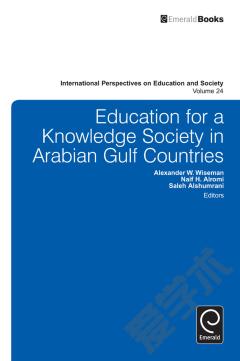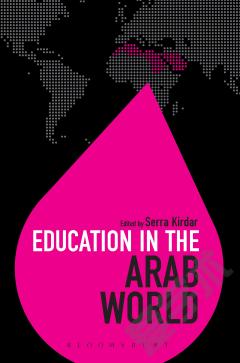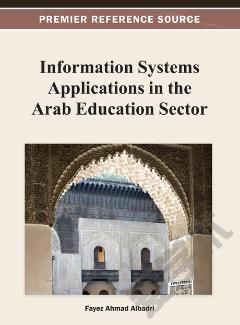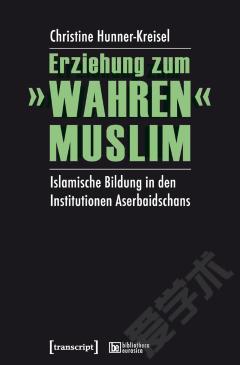Education for a Knowledge Society in Arabian Gulf Countries
The worldwide shift towards a knowledge society and information based economy requires educational policy makers to re-evaluate their understanding of the knowledge and skills students need in order to achieve national development goals. This shift has influenced curriculum development, teacher preparation, and the role of formal schooling in creating lifelong learners and an educational culture, which reflects both national development interests and global norms. The Arabian Gulf countries, which largely comprise the Gulf Cooperation Council (GCC) member countries, include Bahrain, Kuwait, Oman, Qatar, Saudi Arabia, the United Arab Emirates, and Yemen. Most of these Gulf countries have embarked on bold national experiments to pilot technology and teaching in their schools as a way to transition to knowledge societies. Their national interests and expectations have increasingly focused on the use of information and communication technologies (ICT) in education and both the regional and global context in which Gulf societies, economies, and political systems operate.
{{comment.content}}








 京公网安备 11010802027623号
京公网安备 11010802027623号